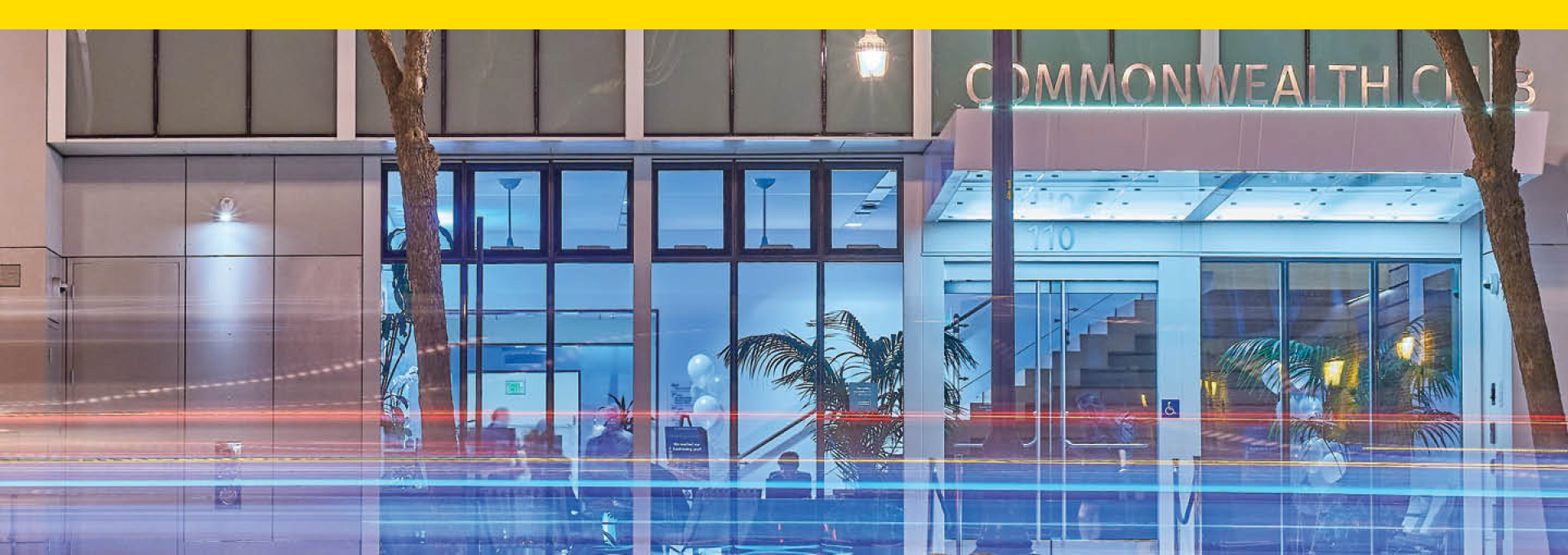Click. Share. Cyberwarfare.
More than ever before, people are logging on, sharing posts, updating statuses, and posting picture after picture as social media offers a physically distant form of connection during the COVID-19 pandemic. But how is this rapid shift in media consumption and the information (and disinformation) that we share affecting democracy during an election year?
For more than a decade, online platforms have provided people with much-needed virtual alternatives to in-person offices, classrooms, gyms, and now social activism. And yet with every check-in sent, story posted and account made comes a new bank of user information that can be hacked, data mined, and weaponized by both foreign and domestic threats. Alex Stamos has built his career on ensuring that internet users are safe and protected, especially as social media becomes more pervasive. As Facebook’s former chief security officer, Stamos is no stranger to the dangers of cybersecurity breaches and the widespread consequences of these types of breaches.
With less than three months before a pivotal election, join us to discuss what tech companies can do to help safeguard democracy, what users can do to protect themselves, and how the cybersecurity industry is adapting to meet the rising calls for user protection in the age of digital democracy.

Alex Stamos
Director, Stanford Internet Observatory; Former Chief Security Officer, Facebook

In Conversation with Sheera Frenkel
Cybersecurity Reporter, The New York Times



